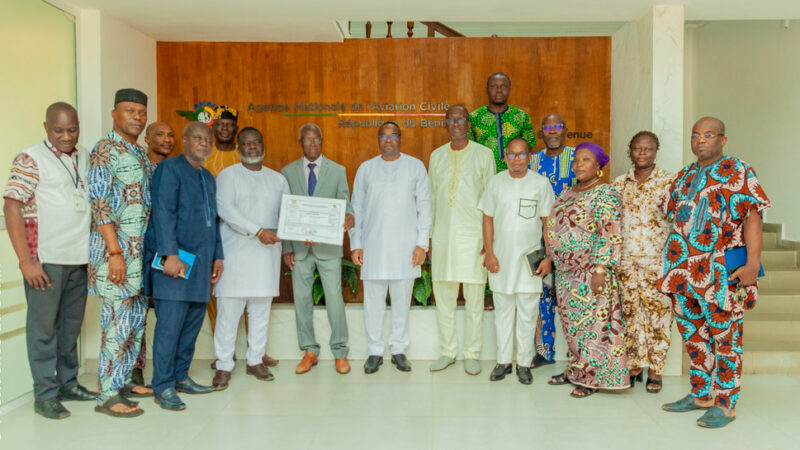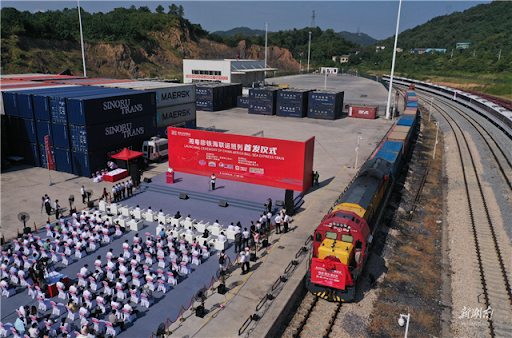SAPICS Conference: Huda Beauty Showcases the Success of a Demand-Driven Strategy

Huda Kattan, a beauty blogger who built a multibillion-dollar makeup brand, has captivated millions of TikTok and Instagram users who rush to buy Huda Beauty’s latest products as soon as they launch. At the SAPICS Conference in Cape Town, hundreds of supply chain professionals from across Africa and around the world were engaged by a compelling presentation on the challenges faced by this fast-growing company and how they are being addressed using the DDMRP (Demand-Driven Material Requirements Planning) methodology.
Emmanuelle Cohen, Senior Vice President of Supply Chain at Huda Beauty, shared her experiences and insights with more than 700 delegates at this year’s SAPICS Conference, the leading event in Africa dedicated to supply chain professionals.
Huda Beauty has over 67 million followers on social media. The company employs 250 people, has offices in Dubai, London and New York, as well as four distribution centres. Its products are sold in 97 countries. It is one of a growing number of beauty brands leveraging the power of influencer marketing. However, this strategy also poses significant challenges in demand planning and forecasting.
Many supply chains would collapse under what Cohen called the “viral effect.” She cited as an example a viral TikTok video about Huda’s Easy Bake powder that drove record-breaking, exponential sales growth. Overall, the company’s growth has been extraordinary: in just four years, Huda Beauty has grown twentyfold.
Other challenges impacting sales, operations planning, and supply chain management, Cohen noted, include the constant launch of new products and the phasing out of old ones. “This is a highly innovative market, with a short lifecycle—less than three years on average. At any given time, 47% of our products are new, and 47% of our SKUs are at the end of their life,” she explained.
Outsourced production with long lead times and a “push” distribution model were among the issues Huda needed to address in a transformation project aimed at supporting rapid growth, Cohen told SAPICS delegates. Declining service levels, overstocking, and the high costs of rebalancing inventory between distribution centres were some of the consequences Huda Beauty was facing.
“We needed to build an agile supply chain to support the company’s scale-up,” Cohen said. The solution was found in DDMRP. By applying this methodology to its sales and operations planning, Huda Beauty significantly improved its service levels—from 68–81% up to a consistent 95%. Inventory rebalancing costs were cut by 75%. The percentage of SKUs requiring emergency rebalancing fell from 4% to 0.6%. “Flow was accelerated thanks to daily checks and improved visibility,” Cohen added. She noted that the success factors in this transformation project included accurate master data, a dedicated team, and effective change management.
Huda Beauty’s supply chain success story was featured as part of Demand Driven World, included this year for the first time in the SAPICS Conference. Demand Driven World is the leading global convention focused on demand-driven methods and applications. Its integration with SAPICS 2025 offered attendees a unique opportunity to participate in two internationally recognised events at the same time and in the same location.
For more information:
Tel: +27 (0) 10 013 3442
Email: info@sapics.org.za
About SAPICS
Since 1966, SAPICS has been working to elevate, educate, and empower the community of supply chain professionals in South Africa and across the continent. This is achieved through membership, events, the annual conference, and training courses and workshops delivered by Authorised Education Providers and other partners.
SAPICS is registered in South Africa as a not-for-profit company. Its mandate is to ensure that any profits generated are reinvested into the ongoing development and overall benefit of individuals and organisations in the supply chain management profession.
The annual SAPICS Conference is the leading event in Africa for supply chain professionals.





